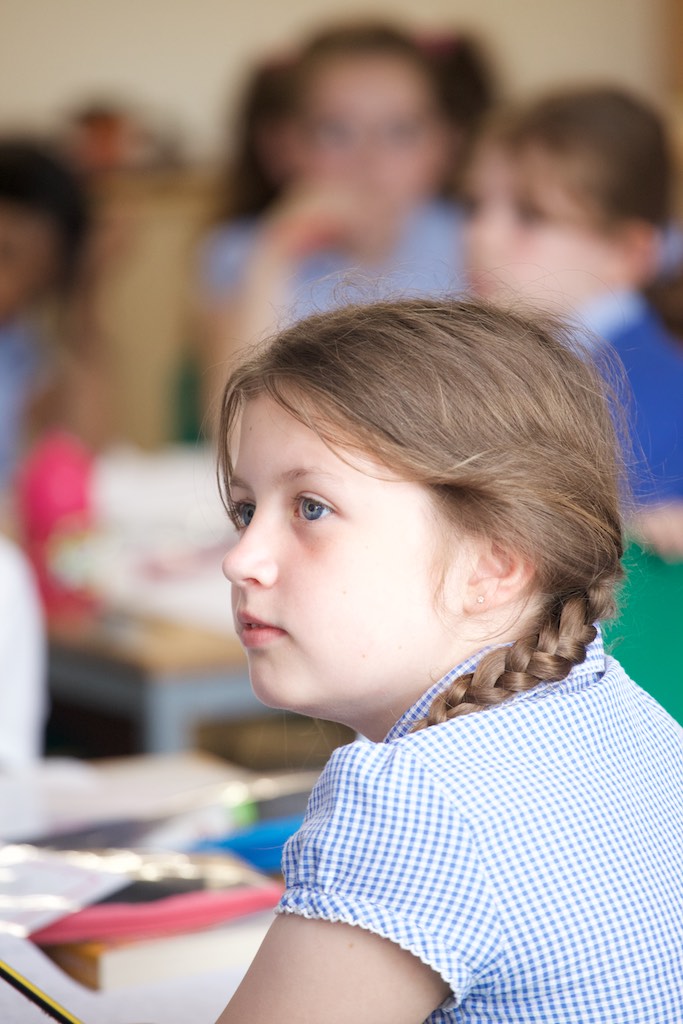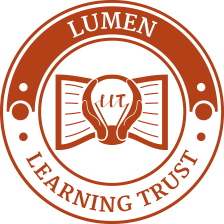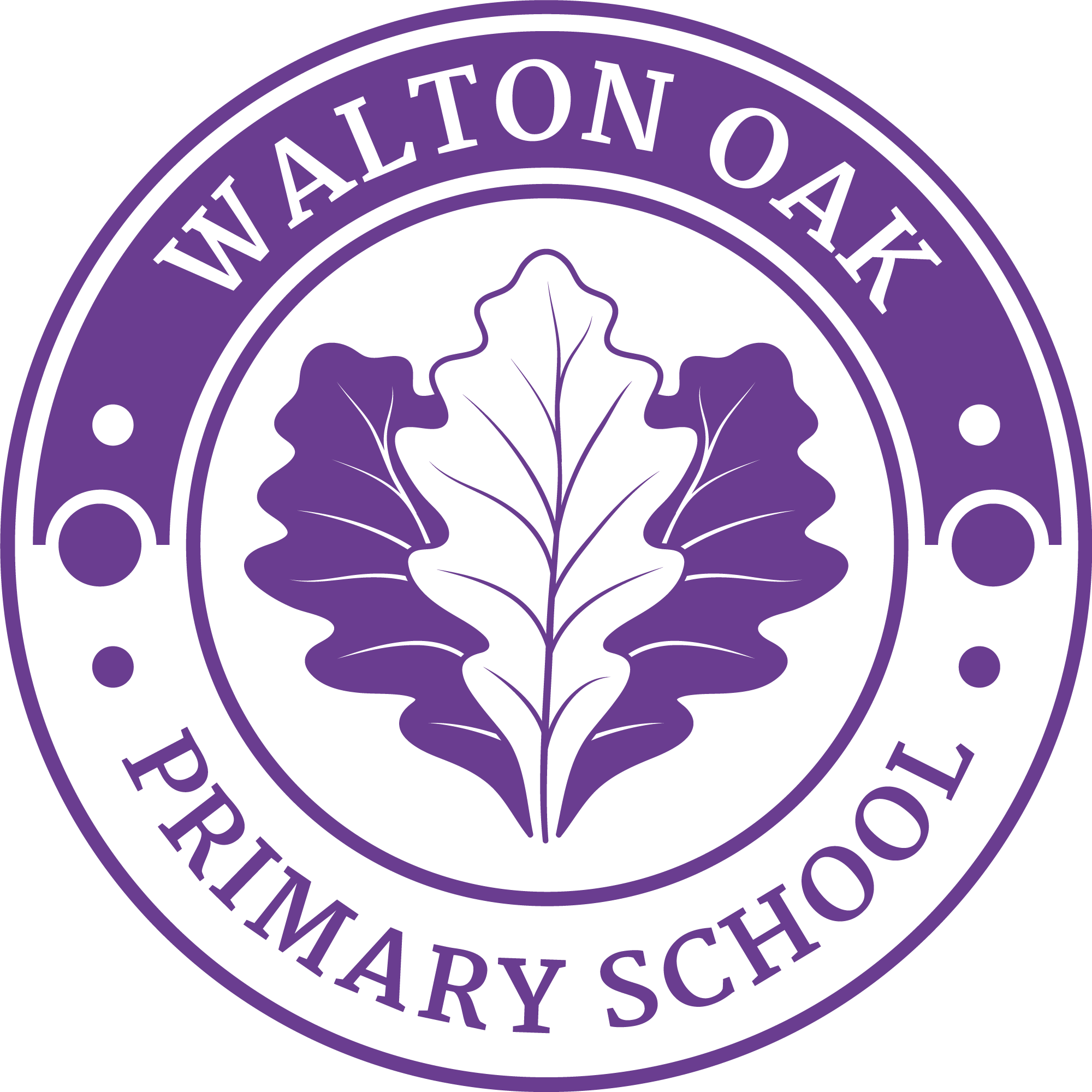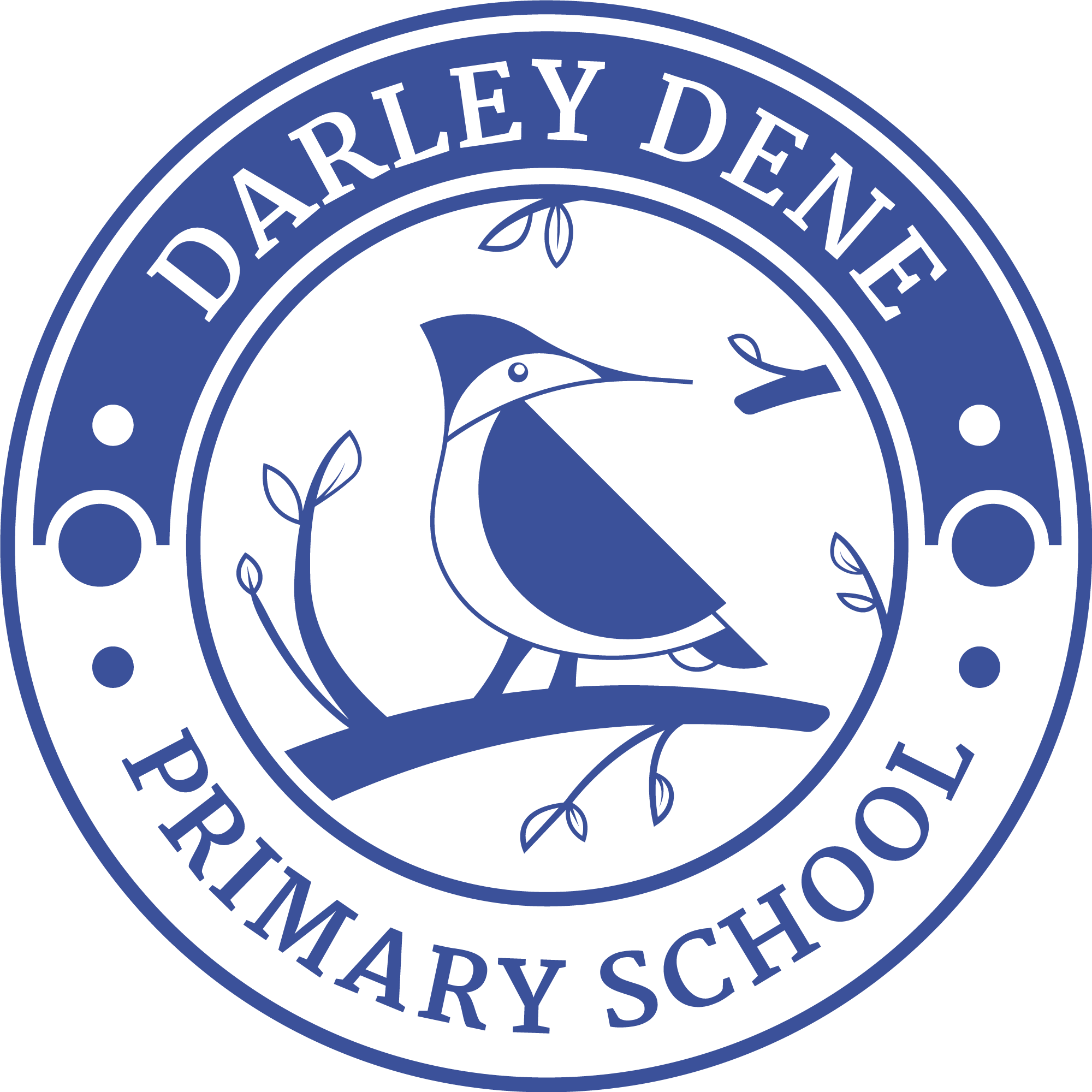History
'A people without the knowledge of their past history, origin and culture is like a tree without roots'
Marcus Garvey'History cannot give us a program for the future, but it can give us a fuller understanding of ourselves, and of our common humanity, so that we can better face the future'
Robert Penn Warren
 At Riverbridge Primary School, we believe that everyone is a historian. We want all of our children to enjoy finding out about how their lives have been influenced by those who have lived in the past. Developing a secure sense of chronology and awareness of local, national and global historical events and how they are represented is key to how children develop their historical 'schemas'.
At Riverbridge Primary School, we believe that everyone is a historian. We want all of our children to enjoy finding out about how their lives have been influenced by those who have lived in the past. Developing a secure sense of chronology and awareness of local, national and global historical events and how they are represented is key to how children develop their historical 'schemas'.
Progression of skills in History: Key stage 1
Overview:
Pupils should develop an awareness of the past, using common words and phrases relating to the passing of time. They should know where the people and events they study fit within a chronological framework and identify similarities and differences between ways of life in different periods. They should use a wide vocabulary of everyday historical terms. They should ask and answer questions, choosing and using parts of stories and other sources to show that they know and understand key features of events. They should understand some of the ways in which we find out about the past and identify different ways in which it is represented.
*Topics currently covered:
- Castles (Local History) (Year 1)
- Toys of the past (Year 1)
- Famous Explorers- Bessie Coleman and Neil Armstrong (Year 1)
- How did we used to have fun by the seaside? (Year 2)
- Pride in Place: Great fire of London (Year 2)
- Significant women- Rosa Parks, Florence Nightingale (Year 2).
Progression of skills in history: Key stage 2
Overview:
Pupils should continue to develop a chronologically secure knowledge and understanding of British, local and world history, establishing clear narratives within and across the periods they study. They should note connections, contrasts and trends over time and develop the appropriate use of historical terms. They should regularly address and sometimes devise historically valid questions about change, cause, similarity and difference, and significance. They should construct informed responses that involve thoughtful selection and organisation of relevant historical information. They should understand how our knowledge of the past is constructed from a range of sources.
In planning to ensure the progression described above through teaching the British, local and world history outlined below, teachers should combine overview and depth studies to help pupils understand both the long arc of development and the complexity of specific aspects of the content.
*History topics currently covered:
- Ancient Egypt, the Stone Age to the Iron Age and the Ancient Greeks. (Year 3)
- The Romans, the Anglo-Saxons and Scots and the Anglo-Saxons and Vikings, The events leading up to the Norman Invasion of 1066. (Year 4)
- The Stuarts, the Victorians and the Tudors. (Year 5)
- The Great Wars, The Ancient Maya and The House of Windsor (Local History) (Year 6)
- Please note that there are other topics which include elements of historical study, please see the relevant curriculum maps for further details.
Across KS2 children are expected to find out things from a variety of sources selecting and synthesising the information to meet their needs and developing an ability to question its accuracy, bias and plausibility develop their ideas using ICT tools to amend and refine their work and enhance its quality and accuracy exchange and share information, both directly and through electronic media review, modify and evaluate their work, reflecting critically on its quality as it progresses.
Please click on the link below for further information on the attainment strands of the new National Curriculum in History.






